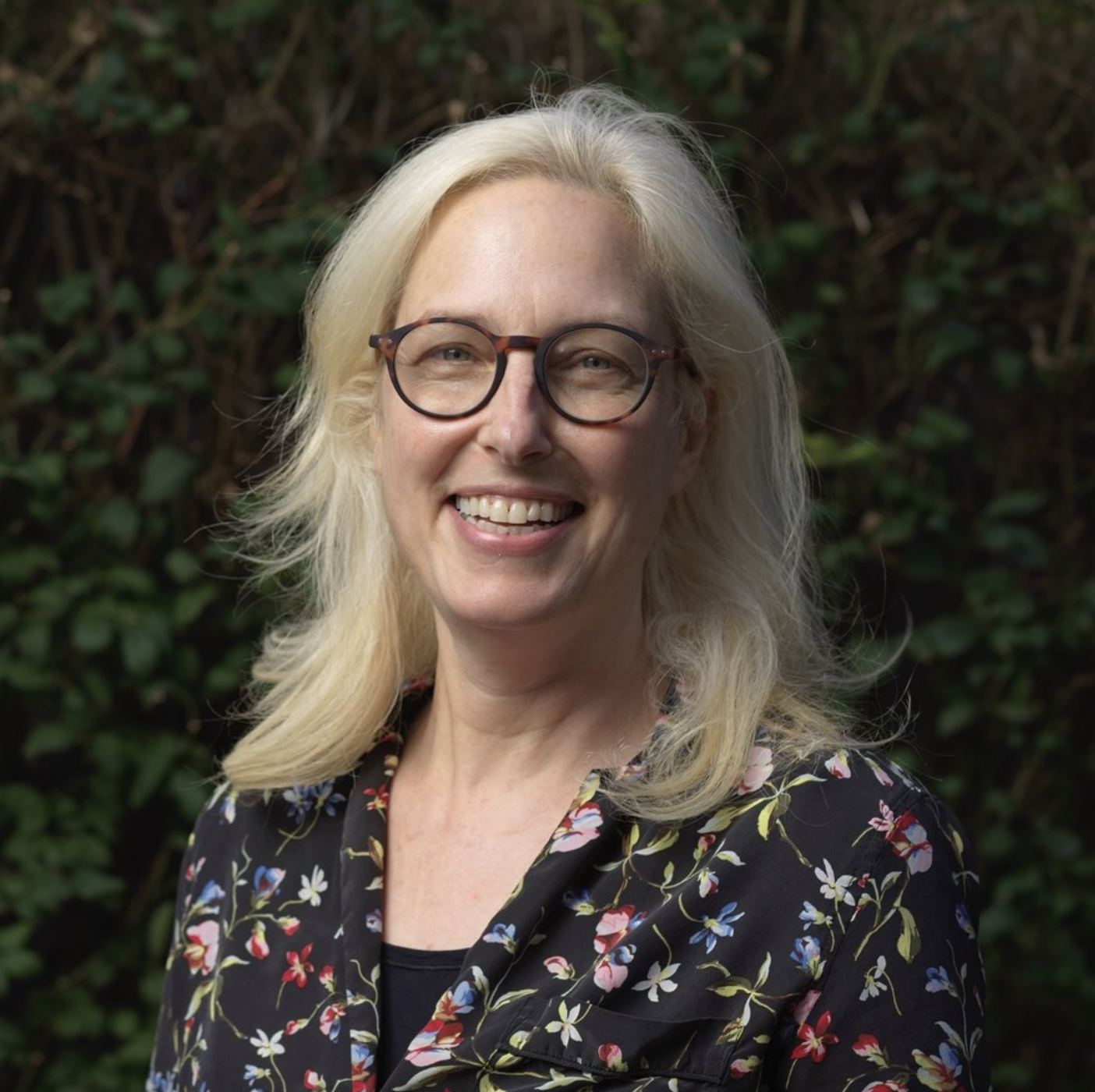Yes, Mentors!
Yesterday in a third grade classroom I saw a teacher’s viciousness on display. She was shouting at a young nine year old, let’s call him Joey, in a way that can only be described as vile.
As a close friend used to say, “Those teachers who are so full of mean? Why don’t they just work at the cosmetic counter? They will do far less damage.”
Well, unfortunately, this specimen decided to enter the teaching world, a place where she can scream, insult and feel superior, while emotionally destroying our young people.
Most of the students in this class are poor, black and living in the neighborhood housing projects. About one half of the students receive special education and the other half are regular education students. After over 25 years of teaching, I can report that special education students tend to be far sweeter and more sensitive to negativity than regular education students.
This third grade class is co-taught by my protegee and a more experienced teacher. The two of them use a loving, respectful tone with the students. A third teacher trails along with Joey because his Individualized Education Program (IEP) stated that he needs one-on-one assistance.
So to set the scene, the two main teachers were focused on the other students. Joey sat next to his helper while white Cruella De Vile, an occupational therapy teacher, stood over him shouting insults. For example, three times she screamed for him to sit up straight, even though he was sitting up straight the whole time.
Cruella asked him questions like, “Is the letter T a tall or short word?” When Joey answered the question correctly, Cruella screamed, “Why do I even need to ask you if you already know the answer?” Joey couldn’t win, and he looked so sad.
All the students in the class witnessed the humiliation. I walked over and stood close by, glaring at the witch. When she looked up and gave me that little grin that seemed to translate as, “Oh, fellow white woman, the two of us get each other,” I glared deeper. I thought of marching down to the principal’s office and reporting what I saw. But would this have a negative consequence for my protegee? What should I do to stop this?
I stepped closer. Cruella looked up at me again, saw my disgusted stare, turned and marched out of the room without saying goodbye. I then spoke with Joey’s assistant and said that the occupational therapist’s behavior was inexcusable. She agreed and said that it’s a big problem, though “sometimes she’s nice.”
Unfortunately, the problem is much bigger than just Cruella. It’s systematic.
Over the next hour, I witnessed a school counselor come into the room and sit with a student while my protegee read a book aloud to the students. The counselor leaned back and texted on her phone like she was at Starbucks.
A few minutes after that, I heard a teacher in the hallway screaming at her students with disrespect and fury.
I witnessed three highly unprofessional teachers acting in a way that needed emergency intervention. Who can intervene? I work in ten different schools and none of the principals can ever be seen. They are hiding in their offices or at district office meetings. They are not involved in the day-to-day operations of the schools.
On top of that, most principals that I have met are not capable of being instructional leaders. They usually spend about three years in the classroom before diving into administration, a career that does not use the same skills as teaching.
How can we change the behavior of those in the thick of daily interaction with our young people?
More Mentors! Way More Mentors!
In my thoughts about how to make New York City the best school district in the world, I would like the city to train a cadre of mentors, one for every school. In the past two years, through programs at Teachers College, Columbia University, I have been a mentor for seven new New York City public school teachers who are working in high-needs, urban schools.
The city’s mentors should have more than ten years of teaching experience. Their interview would require them to enter classrooms and work with teachers. The selection committee reviewing the mentor candidates should consider the following questions:
Do they have what it takes to intervene effectively?
What best practices would they advocate?
Are they bold and patient enough to make change?
Are they effective communicators?
And most importantly, are they happy people?
The mentors would be trained to work with teachers and instruct them on creating an educational climate that promotes:
engaging instruction, calm and measured discipline & self-care as a priority to prevent burn out
The trick is to rotate all of the mentors every three to six months. Why? So the mentors don’t become too wedded to anything or anybody. They are there to impart wisdom like a fairy godmother, give what they have to give and then move on to the next institution.
Because there is not one right way to do anything, a new mentor would replace the old and shower the faculty with her own pearls of genius and unique methods.
The mentors would not conduct meetings or arrange professional development. Their sole responsibility would be to roam the halls and float into classrooms. In many people’s image of schools, the principals are doing that. But no, this is not happening. The mentors would be the eyes and ears of good educational practice, making sure that no children are treated as anything less than the kings and queens we all are.
Rule One: No Teacher should Violate the Golden Rule.
The mentors would intervene, instruct and ensure that our young people, so filled with promise and beauty, are educated and not humiliated.

